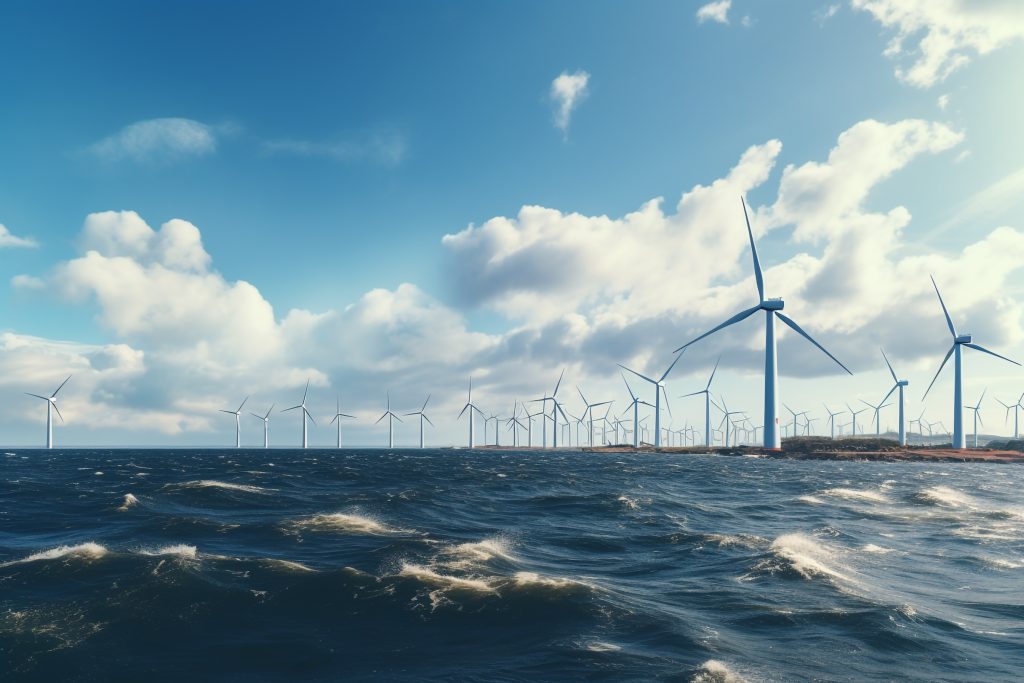The 13th and last Chapter of the edited book ‘Law in the EU’s Circular Energy System: Biofuel, Biowaste and Biogas‘, addresses several topics from the transition towards a circular energy system to he (in)coherence–(in)effectiveness nexus of the EU’s circular energy system. Lucila de Almeida and Josephine van Zeben, with the title ‘The (in)coherence–(in)effectiveness nexus of the EU’s circular energy system’ close the published work and conclude while considering the contributions given by all involved authors.


Read the Abstract below:
‘ Increasing the production of biogas and biofuels from biological waste and residues from agriculture, food, and forestry is central to achieving the EU’s circular energy system. The EU’s energy policies and laws setting production and consumption targets for those renewable sources need to be coherent with a plethora of other policies and legislative proposals that are rapidly being approved and becoming part of the EU legal framework.
This chapter formulates the hypothesis that the internal fragmentation of EU institutions into sector-based silos leads to two-pronged problem, captured in a “coherence-effectiveness nexus”. On the coherence side, the horizontal fragmentation of EU institutions into sector-based competencies may lead to incoherence of policy goals and measures across different sectors encompassing the EU’s circular energy system. This lack of coherence is then aggravated by a well-known EU governance issue, namely effectiveness’ issues caused by the vertical divergence of Member State transposition strategies. In this concluding chapter, we reflect on how these issues come to the fore in the preceding chapters.’




